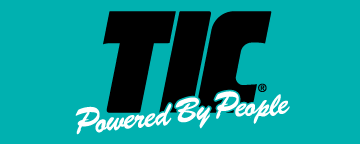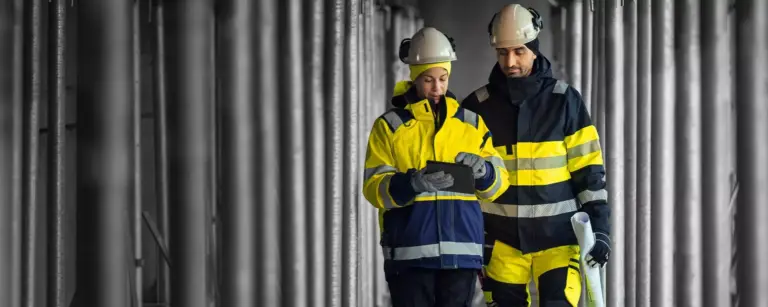Improving Productivity: Petra Nova Carbon Capture Project
ENERGY PROJECT REALIZES 20% PRODUCTIVITY IMPROVEMENT WITH INEIGHT TECHNOLOGY
The Petra Nova Carbon Capture project added commercial-scale, post-combustion carbon capture technology to the existing coal-fired W.A. Parish Generating Station. TIC – The Industrial Company, used InEight® Plan and InEight® Progress, just two of the InEight Project Suite tools during construction. The ability to clearly communicate work and project scope, provide daily work plans, and ensure operational efficiency and compliance, contributed to the project’s on-time and onbudget completion.
The Project
Petra Nova is the first commercial-sized post-combustion carbon capture system in the U.S. and the largest of its kind in the world. TIC – The Industrial Company, a Kiewit subsidiary, and consortium partner, Mitsubishi Heavy Industries America, finished construction of this mega project in 2016, delivering it on time and within budget thanks in part to some cutting-edge technology.
The Petra Nova Carbon Capture project team used InEight Estimate, InEight Control, InEight Plan and InEight Progress, which are part of InEight’s project controls offerings. The team attributes a 20 percent increase in productivity directly to the use of this technology.
“InEight Plan and InEight Progress made us totally rethink how we did daily work plans, quantity claiming and time collection,” said TIC Project Engineer Clay McKenzie. “The technology streamlined processes, eliminated data entry and paper work and kept our guys out in the field instead of behind a desk.” The power of InEight solutions are their ability to operate as part of one platform, which allows users to access and maximize the data across every aspect of a project or business.
InEight Plan and InEight Progress are two of InEight’s field execution tools. InEight Plan provides a field-proven methodology for construction work planning and packaging. Key information is compiled in one place to efficiently organize and communicate the work. The technology lets the team define the scope of work by work breakdown structure (WBS) item. Project-specific labor, equipment and material requirements are included to ensure the right resources are available when needed. Once compiled, the plan is submitted and available in the InEight Progress app where it is used to communicate to crews and track the day’s progress.
Using InEight Plan and InEight Progress, TIC realized a 90 percent savings in time required for payroll processing. This was calculated based on an average daily payroll for 500 employees, comparing manual entry to using the new technology. The technology reduced a process that traditionally took about seven hours to complete down to just one hour. Paper timecards and manual data entry were eliminated – replaced by an easy-to-use tablet app.
From the planning process through field execution, inspection and closing the job out, everything’s tied together, and the uniqueness of it is that it all speaks to each other.
— Clay McKenzie, TIC Project Engineer, Petra Nova Carbon Capture Project
In addition to time capture, InEight Progress enabled foremen to record work completed for the day, note any issues and see their productivity compared to plan. One click submitted the day’s progress to the project superintendent for review. Upon approval, the results synced with other systems and were readily available for forecasting, planning and reporting.
The project team acknowledged that it’s hard to put a number on all the savings that can be attributed to the new technology used at Petra Nova. However, it’s indisputable that the tools significantly improved communication at all levels of the job, allowed management to see real-time progress at any given time and reduced the time spent creating daily work plans and reporting results.
Petra Nova, a job that required almost 1.4 million man hours, achieved a craft-to-staff ratio of 4.2/1, which was 50 percent better than the average achieved by peer projects within the organization during the same timeframe. “We couldn’t have done that without these new field execution and management tools,” McKenzie said.









